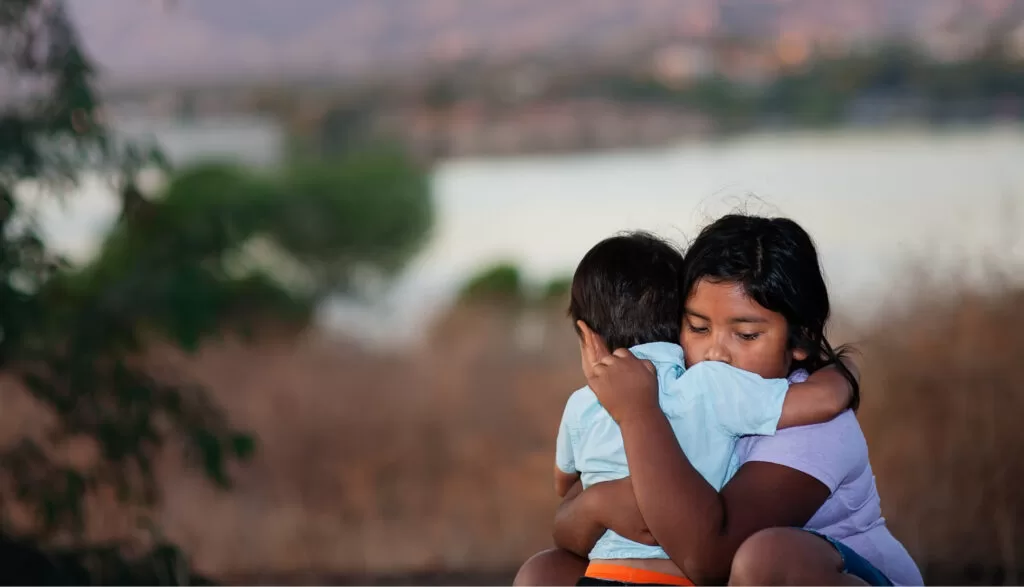Quick Bytes
- Settlement reached in Ms. L v. ICE lawsuit, allowing separated families to apply for asylum in the U.S.
- Family Reunification Task Force has identified over 4,000 children separated at the border, with efforts to reunite ongoing.
- Settlement includes provisions for housing, healthcare, legal services, and work permits for affected families.
- U.S. officials prohibited from separating migrant families at the border for eight years, with strict tracking and notification systems.
Understanding the Ms. L v. ICE Settlement
In a significant development, a man who faced political persecution and sought asylum in the United States with his daughter in 2018, during the era of family separation, has finally seen a resolution to his ordeal. The recent settlement in the Ms. L v. ICE lawsuit has enabled him and his child to remain in the U.S. and apply for asylum together.
Impact of the Settlement
The settlement has broader implications, offering redress to thousands of families affected by the Trump administration’s policy aimed at deterring migration. The Biden administration’s Family Reunification Task Force has been working to reunite these families, with some success, but challenges remain as many children are still separated from their parents.
Services and Protections for Families
Under the settlement, class members are entitled to a range of services, including housing assistance, healthcare, and legal aid. It also facilitates family reunification by allowing parole requests for family members outside the U.S. and dismissing removal proceedings for those eligible to apply for asylum.
Future Safeguards
To prevent future family separations, the settlement imposes an eight-year prohibition on such practices, with exceptions only for the child’s safety or medical emergencies. It also mandates proper tracking and notification procedures to maintain family connections when separations are unavoidable.
Continued Legal Efforts
The Ms. L case is among many challenging the government’s past actions, with other cases like C.M. v. United States seeking monetary damages for the trauma inflicted by family separation. A trial for this case is expected in April 2024, highlighting the ongoing pursuit of justice for affected families.
For more detailed information, please refer to the original article here.
Quick Bytes
- Judge Dana M. Sabraw acknowledges the shocking reality of family separation in the Ms. L case.
- The Ms. L settlement marks a significant step for affected families but cannot reverse the endured trauma.
- Resources like www.together.gov and www.juntos.gov offer reunification assistance for separated families.
Understanding the Ms. L Case and Its Impact on Family Separation
The Ms. L case has brought to light the harrowing circumstances of family separation, with Judge Dana M. Sabraw expressing his initial disbelief at the severity of the situation. As the case unfolded, the judge’s shock turned to horror upon realizing the likelihood that some children may never be found.
Despite the settlement reached in the Ms. L case offering some relief, it cannot fully mitigate the trauma experienced by the separated families. The government is urged to resolve any remaining lawsuits, acknowledge the issue of family separation fully, and take measures to prevent its recurrence.
For those seeking reunification assistance, the Family Reunification Task Force provides support through online platforms like www.together.gov and www.juntos.gov. Additionally, the International Organization for Migration operates a Help Desk to address inquiries related to the Ms. L v. ICE case.
While progress has been made, the tragedy of family separation leaves a lasting impact that cannot be entirely undone, highlighting the need for continued efforts towards justice and support for affected families.



